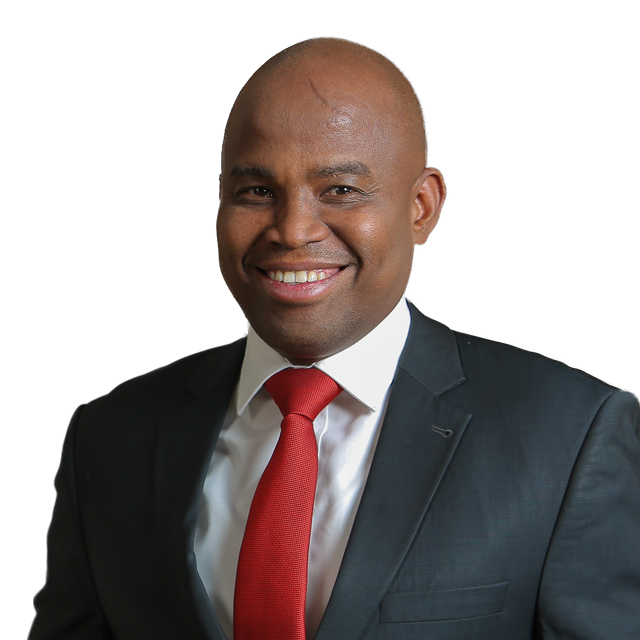By Eric Rugo
There is no dispute that insurance plays an indispensable role in society by securing individuals, families and businesses against financial losses emanating from a multiplicity of risks like illness, accidents and natural disasters, to name a few.
In providing financial protection against the vagaries of life, insurance offers us peace of mind as we go about our daily existence.
Fundamentally, insurance acts as a risk-transfer mechanism where one party, the insured, transfers potential financial loss arising from certain events to another party known as the insurer.
Indeed, life without insurance would be ‘nasty and brutish’ – a precipitous abyss of perils devoid of financial resilience against the interminable hazards of human existence.
Critically, insurance averts erosion of wealth due to sudden, financially disruptive events like serious illness, death of a breadwinner or destruction of property and assets by human and natural factors.
But navigating the intricacies of insurance, and deriving maximum value out of it, requires the help of a partner and expert who not only fathoms underwriting technicalities but also has a deep grasp of the risk landscape. One such partner and expert is an insurance broker.
The basic role of an insurance broker is to act as an intermediary between the insured and the insurer. More importantly, a broker helps the client discover the best available insurance solution based on their unique needs and circumstances.
Insurance brokers don’t just sell policies, they also negotiate the best prices and terms on behalf of clients and manage claims processing and settlement.
Additionally, brokers provide risk advisory support to customers given their deep domain knowledge of the industry and market.
Therefore, insurance brokers exercise both a facilitative and advisory function as the bridge between the insurance provider and the insured customer.
Insurance brokerage is by no means a recent phenomenon. It has existed for more than 600 years, reportedly emerging during the Renaissance era in the 15th Century, to underwrite contracts between shipowners and merchants to cover the hazards of transporting goods by sea.
Throughout the ages, insurance brokerage has proved to be a time-tested and invaluable shield against uncertainties, enabling individuals and businesses to thrive and survive in good and bad times.
In their facilitative role, insurance brokers are independent professionals representing the client in securing the most optimal cover since, unlike insurance agents who are ordinarily tied to one or just a few insurance companies, brokers have access to many insurance companies and are therefore able to advise on which policies are most suitable and cost-effective based on the customer’s needs.
Furthermore, they conduct extensive research on insurance products and services in the market across a spectrum of risks.
As such, they link their clients with the insurer who is best placed to provide the desired coverage. They also educate consumers on the type and benefits of various underwriting products.
Insurance brokers assist clients in claims processing thus freeing the customer to focus on other pressing matters in their lives.
As facilitators, brokers keep their clients’ best interests in mind, making them invaluable partners and advocates of the consumer.
In their advisory role, insurance brokers work with retail and business clients to develop customized risk management strategies which includes identifying, assessing, mitigating and minimizing exposure to potential financial loss and liability.
Wearing the hat of a risk advisor, the broker continuously reviews the client’s risk profile and ensures the policy is aligned with the context of evolving perils covered under the insurance contract. They are able to provide objective advice based on careful analysis of the client’s circumstances.
Technology is re-shaping the intermediary and advisory role of the insurance brokerage. In this digital era, brokerages are harnessing and adapting to emerging technologies to streamline their processes and provide advice informed by data and insights.
For instance, Minet Kenya, the company I work for, leverages artificial intelligence and data analytics, backed by in-depth research by our global partners and customer feedback, to understand consumer and market trends, thus continuously refining the customer value proposition.
Moreover, automating processes frees time spent by staff on administrative work to focus on research and delivering personalized experiences to our customers.
In a nutshell, the insurance broker is more than just a purveyor of insurance and should be seen as a trusted, dependable and knowledge ally for clients seeking to better understand and utilize insurance in managing life’s risks, achieve financial security and protect wealth.
Mr. Rugo is the Director for Risk Services, Minet Kenya, an insurance brokerage and risk advisory firm.


